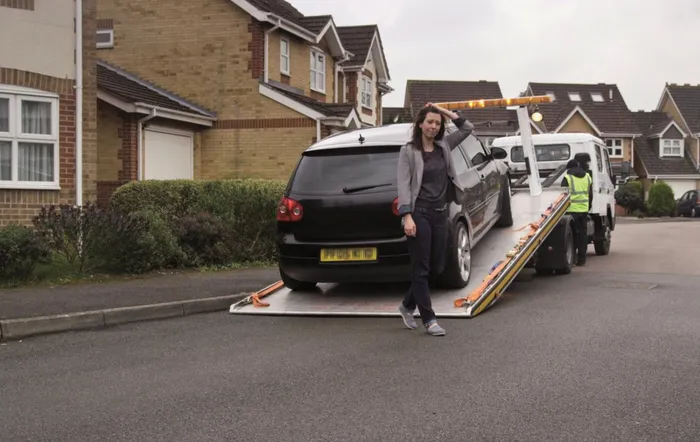What you need to know about car repossession

Defaults (missed repayments) on vehicle finance, after trending downwards since mid-2023, took an uptick in the second quarter. File photo.
If you fall into arrears on your vehicle loan, the bank that provided the loan may repossess your car. However, the bank is required to follow a standard procedure in these circumstances, and you need to know your rights as a consumer.
Defaults (missed repayments) on vehicle finance, after trending downwards since mid-2023, took an uptick in the second quarter. South Africans who defaulted for the first time on their car loans increased between March 31 and June 30, according to the Experian Consumer Default Index for the second quarter of 2024, released this week. The total outstanding amounts on car loans rose from R505 billion in the first quarter to R508bn in the second quarter, and the outstanding balances of first-time defaulters rose from R4.8bn to R5.8bn, an increase of about 21%.
Howard Gabriels, the lead ombud for the Credit Division at the newly established National Financial Ombud Scheme (NFO), said that in difficult economic conditions, consumers should prioritise essentials such as education, health care and savings, over “nice-to-haves” such as a new car.
“We urge consumers to consider the long-term consequences should they not be able to service their debt repayments, and reassess their budgets, with better financial planning practices, rather than facing a possible repossession scenario down the line,” Gabriels said.
In a press release last year on repossessions, the then-ombudsman for banking services, Reana Steyn (now the head ombud for the NFO), said it was important to be aware that, under vehicle financing agreements, the vehicle remained the property of the bank until the loan was fully repaid. She said a default would have the following consequences:
• The adverse information would be listed on your credit report, limiting your ability to access further credit.
• Legal action might be taken against you, resulting in you being liable for what might be high legal costs.
• The vehicle might be repossessed and sold on auction. You will be liable for the shortfall should the vehicle sell for less than what you owe on it.
What banks can and cannot do
Steyn said banks could not repossess a vehicle without following the procedure set out in the National Credit Act.
Before taking legal action, the bank would contact you and help you to bring your payments up to date. It was only if the process was unsuccessful that it would resort to litigation.
A bank could repossess a financed vehicle only with a court order or with your direct consent (voluntary surrender). If the with a court order, the following steps must occur:
• The bank sent you a section 129 notice (letter of demand) – that could happen only after the account had been in arrears for 20 days or more.
• A summons for you to appear in court was served to you by the Sheriff of the Court.
• A judgment was made against you, declaring the vehicle executable.
• The Sheriff of the Court delivered the warrant of execution (court order) to you, stating that the vehicle could be repossessed.
If the bank could not show that it sent you a section 129 notice, a court would not grant a judgment against you. However, the bank was obliged to send the letter to your address by registered post only; there was no legal requirement to prove that you received it. Thus, it was vital that your contact details with the bank were up to date.
The person who came to repossess your vehicle must provide proof that they represented the Sheriff of the Court and must produce the original court order stating that the vehicle could be repossessed. If that did not happen, you were not obliged to sign any documents, nor were you obliged to hand over the vehicle.
NFO recommendations
The NFO has the following advice regarding vehicle repossessions:
- It is important to communicate with the bank as early as possible if you are unable to meet your debt repayments and try to come to a payment arrangement with the bank. Note, however, that the bank is not legally obliged to accept a payment arrangement proposal and its decision will be based solely on its discretion.
- If you are in financial difficulty, you have the option to voluntarily surrender the vehicle to the bank. This avoids the costs that would be incurred if legal action was instituted. However, you should not be coerced by the bank or a debt collection agency into doing this
Where to complain
The primary purpose and mandate of the NFO is to resolve consumer complaints against financial service providers in the banking, insurance and credit sectors.
“Our credit and banking divisions will investigate matters where consumers may not be happy with the outcome of their query from a credit provider or a bank,” said Nerosha Maseti, the newly appointed lead ombud for the banking division.
“Where a consumer approaches our office to seek assistance regarding a vehicle that has been repossessed by a bank, the Banking Division at the NFO will investigate.”
Call 0860 800 900; email info@nfosa.co.za; or visit https://nfosa.co.za/
PERSONAL FINANCE